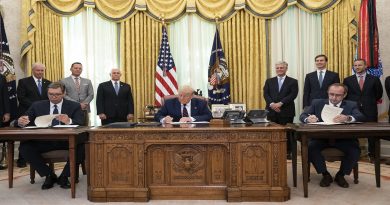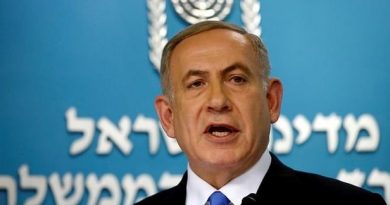Turkey Cites National Security to Detain Journalists
By Madison McHugh
Associate Editor
All over the world, journalists attempting to expose important events, facts, and information face imminent prosecution from governments whose “concern” for national security continues to oppress coverage.
Journalists at large often run the risk of encounters with anti-terror legislation. Recently, the number of incarcerated journalists worldwide has increased from 80 in 2000 to 221 last year, according to the New York Times.
Turkey’s anti-terror laws in particular promote the capture and mistreatment of many journalists. Three VICE News employees were arrested on August 27 while filming clashes between police and youth members of the Kurdistan Workers’ Party (PKK). Two of the three were released after 11 days in a high-security prison; however, the journalists’ Turkish translator Mohammad Rasool remained behind.
VICE News journalist Jake Hanrahan said that being in the prison was one of the “most traumatic experiences of [his] life.”
“The biggest burden is that our friend and colleague is still in prison. That is the worst possible thing for us. Any trauma will have to wait,” Hanrahan said.
Additionally, Gültekin Avcı, a columnist for the independent daily Bugün, was arrested in Istanbul on September 23 on charges including “attempting to overthrow the government,” according to the Committee to Protect Journalists (CPJ). The charges are based on a series of columns he wrote in 2013 and 2014 condemning the Turkish National Intelligence Organization for its links to a terrorist group called Tawhid-Salam.
Avcı’s lawyer claims he was not allowed to testify in court and mistreated in custody. He was also denied food.
“Turkish authorities routinely use vaguely worded terrorism and subversion charges to jail journalists who cover sensitive subjects. This practice is unacceptable for a country candidate for European Union membership,” said CPJ’s Europe and Central Asia Program Coordinator Nina Ognianova. “The charges against Gültekin Avcı should be dropped, he should be released immediately, and Turkey should fundamentally reform its penal and anti-terror laws without delay.”
CPJ Deputy Director Robert Mahoney cites countries with autocratic leaders as common perpetrators. “They are nominally elected but they are behaving in a repressive way, using the cloak of fighting terrorism to fight critical voices,” he said.
Progress is being made to show the world that peaceful reporting and impartial observation is not a crime against national security, but a right. In Egypt, two Al Jazeera journalists were released on September 23 after two years of imprisonment, according to CNN. They were accused of broadcasting footage that portrayed the Egyptian regime falsely and aiding the Muslim Brotherhood, which was outlawed in 2013 due to connections with the former overthrown President Mohamed Morsy.
The journalists were two of a hundred individuals pardoned by President Abdel Fattah el-Sisi on the eve of Eid al-Hada, a Muslim holiday celebrating the Hajj pilgrimage.
US Ambassador to the UN Samantha Power applauded the decision. “Peaceful expression should never be a crime,” Power said in a statement. “Similarly, the freedom of the press to investigate, report and comment — even when its perspective is unpopular or disputed — is fundamental to any free society and essential to democratic development.”


